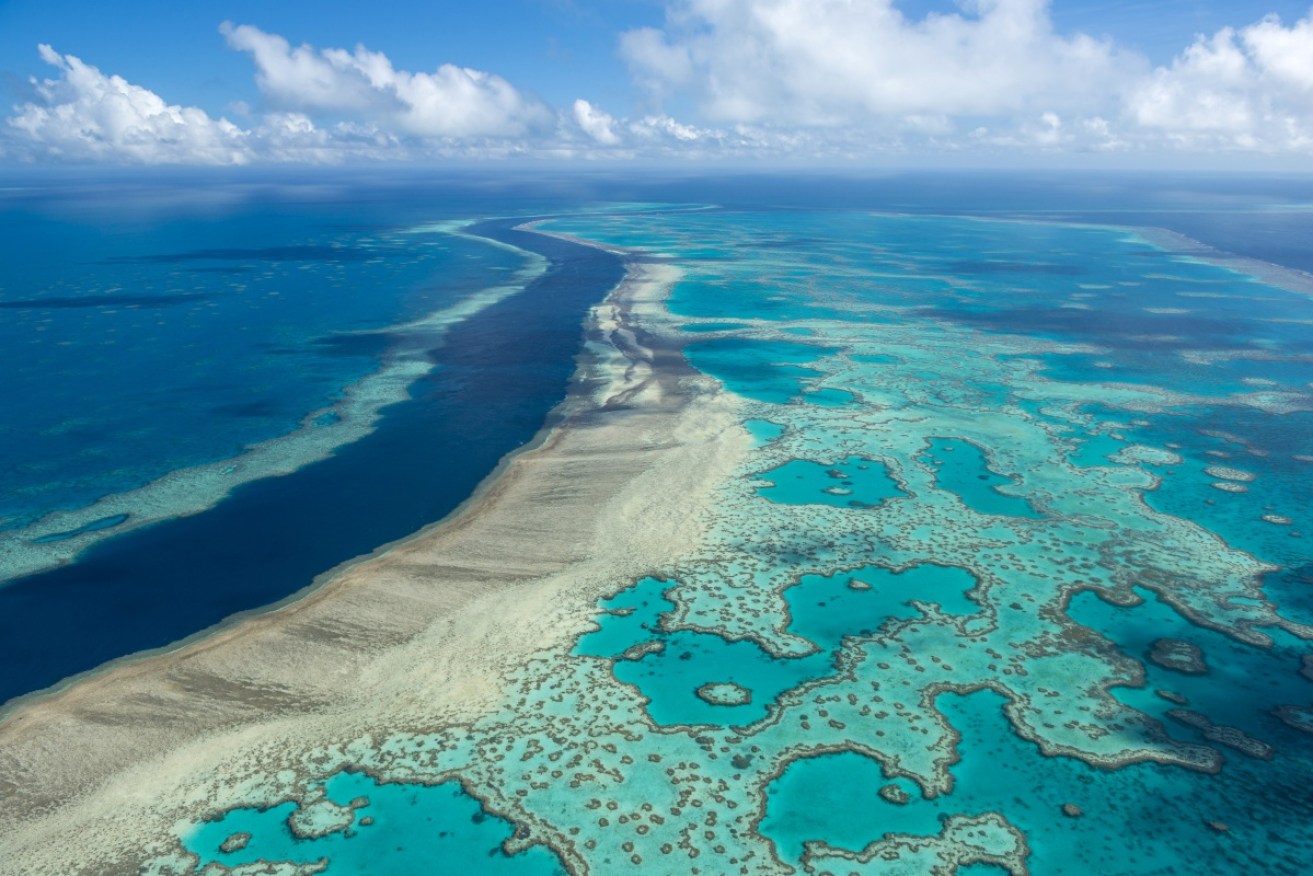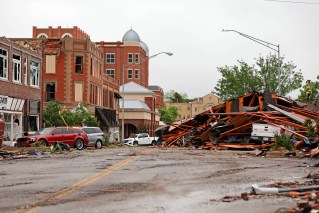Great Barrier Reef report diagnoses cause of coral bleaching

Scientists have identified a new threat to the Great Barrier Reef. Photo: Great Barrier Reef Marine Park Authority/AP
Coral bleaching in the Great Barrier Reef has been linked to a summer “marine heatwave”.
In the lead up to summer 2021-22 there was increased coral cover detected across the reef, but warmer waters were detected in December, increasing through to March.
The findings were published on Tuesday in a report co-authored by the Australian Institute of Marine Science, the CSIRO and the Great Barrier Reef Marine Park Authority.
“Above-average water temperatures led to a mass coral bleaching event late in the summer,” the report reads.
The Reef Snapshot: Summer 2021-22 is now online, a joint initiative of @gbrmarinepark, @aims_gov_au, & @CSIRO.
The Snapshot summarises conditions over the most recent summer and how corals in different regions of the #GreatBarrierReef have fared. 1/2 pic.twitter.com/ZrcOL4w3Ck
— Australian Institute of Marine Science (@aims_gov_au) May 10, 2022
The reef’s mean sea surface temperature during the period was recorded at up to 0.4 degrees Celsius above average in some parts.
Bleaching of various severity was detected, and some parts of the reef were unaffected.
“Compared to previous summers, cumulative impacts were limited this summer, with one major pressure, a marine heatwave, dominating,” the report noted.
It’s the fourth bleaching event since 2016 and the first during a La Nina year.
“It is important to note that bleached corals are alive, but stressed. Low or moderately bleached corals have a higher likelihood of recovering,” researchers said.
Cyclone Tiffany tracked over the reef during summer but is believed to have caused minimal, if any, damage.
In March, sea surface temperatures on the Great Barrier Reef were in the top 10 per cent of records for the northern section of the reef, and for parts of the central section. Those records date back to 1900.
That month, a UN monitoring mission visited Australia to evaluate the federal government’s efforts to protect the reef from climate change and other threats.
It will report back to the World Heritage Committee, which may decide to list the reef as in danger.
Tuesday’s report noted the ongoing threat to the reef.
“Climate change remains the greatest threat to the reef,” it said.
“The events that cause disturbances on the reef are becoming more frequent, leaving less time for coral recovery.”








